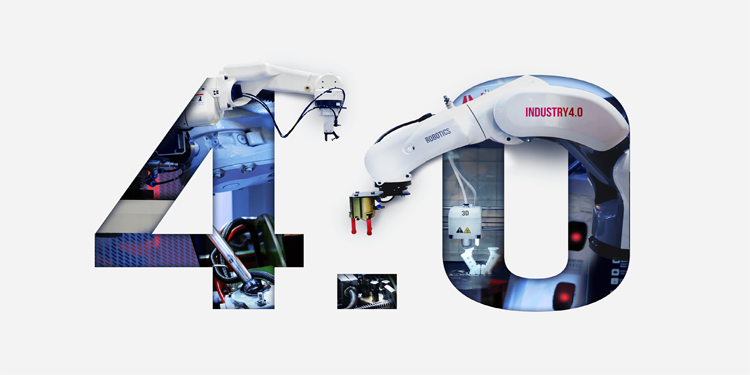
Industry 4.0 represents the complete digitization of factories and manufacturing facilities that will ultimately merge with the unique needs of individual customers, resulting in benefits such as customized product design, manufacturing processes and final delivery to maximize customer satisfaction levels.
Furthermore, Industry 4.0 brings with it a multitude of other benefits for industrialists such as cost, productivity, profitability and operations that manufacturers are striving to control, streamline, optimize or enhance.
Similarly, these opportunities extend to small and medium businesses to establish new business models and assimilate into international value chains.
The Manufacturing Indaba 2019 intends to explore how governments should extend their investment beyond infrastructure and into the education and ups killing of Africa’s youth and existing workforce, so that they are empowered to utilize digital capabilities to the continent’s benefit.
Routine task jobs previously performed by semi-skilled and unskilled workers are being replaced by the power and intellectual capacity of computers.
This has consequently caused concern for the job-security of these workers, who must either acclimatize to these new jobs or be admitted to other positions or sectors.
To reconcile this unease, it is critical that the governments and private sector jointly action steps with businesses and industries to revise the core training of employees by trainning and re-building the African workforce to keep abreast of these developments.
Furthermore, transformation of aspects relating to human resources of the continent’s manufacturing arena will transpire as analytics and algorithms lead the sequential functioning of machines, while employees monitor the ongoing performance.
The Fourth Industrial Revolution will also offer greater levels of safety to manufacturing facilities. People are limited to the duties they can perform in hazardous environments, whereas machines prove higher levels of competence in such situations, thereby reducing the number of workplace accidents.
By promoting industrial safety, automated machinery enables producers to decrease medical claims of workers, reduces downtime, and saves on long-term capital expenses.
In addition, Industry 4.0 and IOT initiatives are set to empower rural and small business owners in Africa, whereby advanced data analytics available to them on their smart phones can promote greater collaboration among stakeholders along the entire value chain.
Furthermore, access to connectivity and this form of enterprise software development, will support their daily operations through acceptance of digital payments and gaining insights into their customers so they can develop relevant marketing strategies in accordance with data collected.
This essentially places them on a more level playing field to larger, more established businesses with the capital to access this data via costly in-house teams of software developers.
In addition, it enables small business owners the opportunity to apply for bank loans, as they have irrefutable evidence (data) of their revenue and cash flow statistics.
These radical transformations in the African manufacturing space will be assimilated into the entire supply chain, thereby optimizing processes and activities, and ultimately promoting efficiency and innovation for years to come.
By successfully integrating Industry 4.0 and IOT into their systems, existing and prospective industry players can expect to reap even greater revenue and profit from their investment.
However, capitalizing on these opportunities necessitates that policymakers take heed of the multitude of obstacles confronting the continent with regards to the revolution at hand.
The ultimate concern is how African manufactures can capitalize on Industry 4.0 whilst simultaneously mitigating the accompanying risks.
It stands to reason that the continent should embrace digitization by managing the associated challenges with relevant solutions provided by the technology available.
This year’s Manufacturing Indaba 2019 aims to acquaint Africa’s promising manufacturing sector to the revolutionary Industry 4.0 and its related principles.
The event will enable attendees to get a taste of the exciting developments in this arena by connecting trade visitors with influential speakers who have expert knowledge on this subject matter.
Participants within the sector will discover how to efficiently apply these ground-breaking techniques to their industrial facilities, allowing them the opportunity to increase profitability and place themselves in prime position to secure other competitive advantages made available through the implementation of these techniques.
